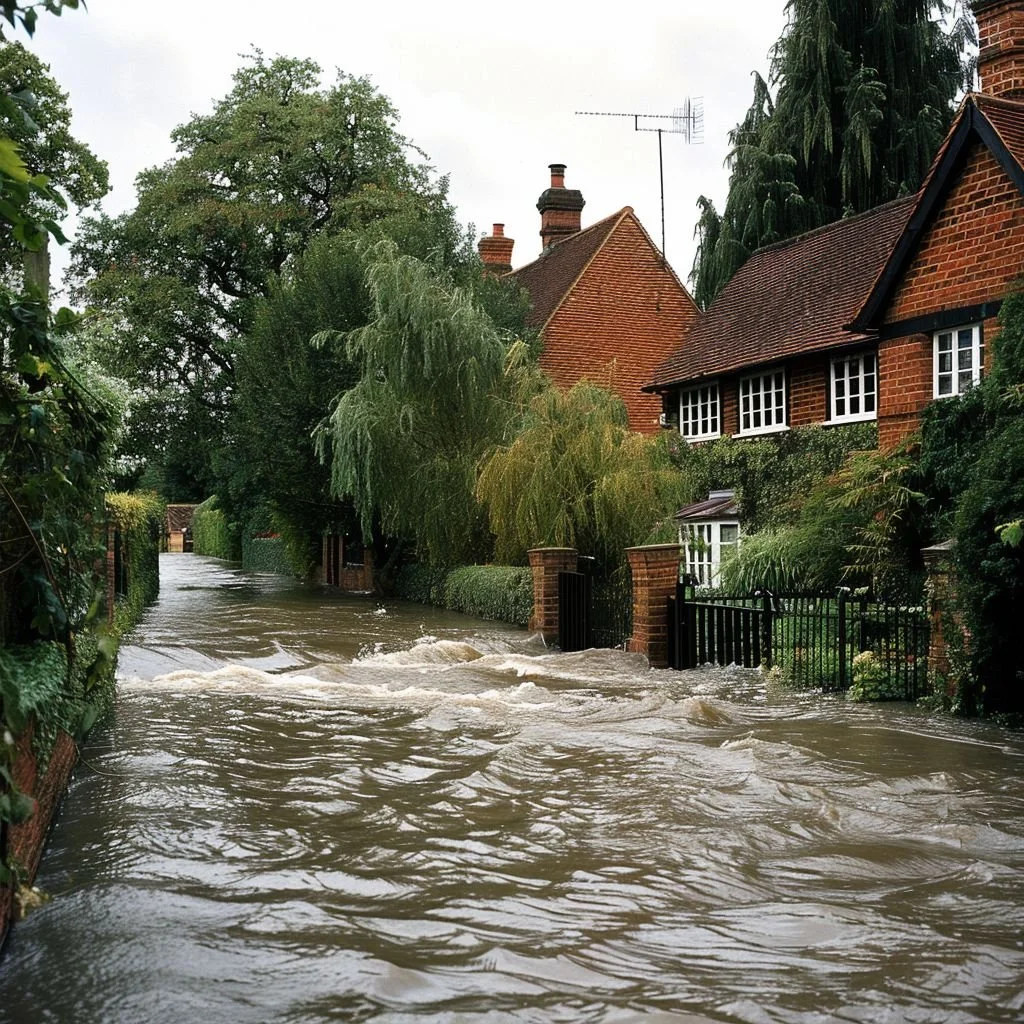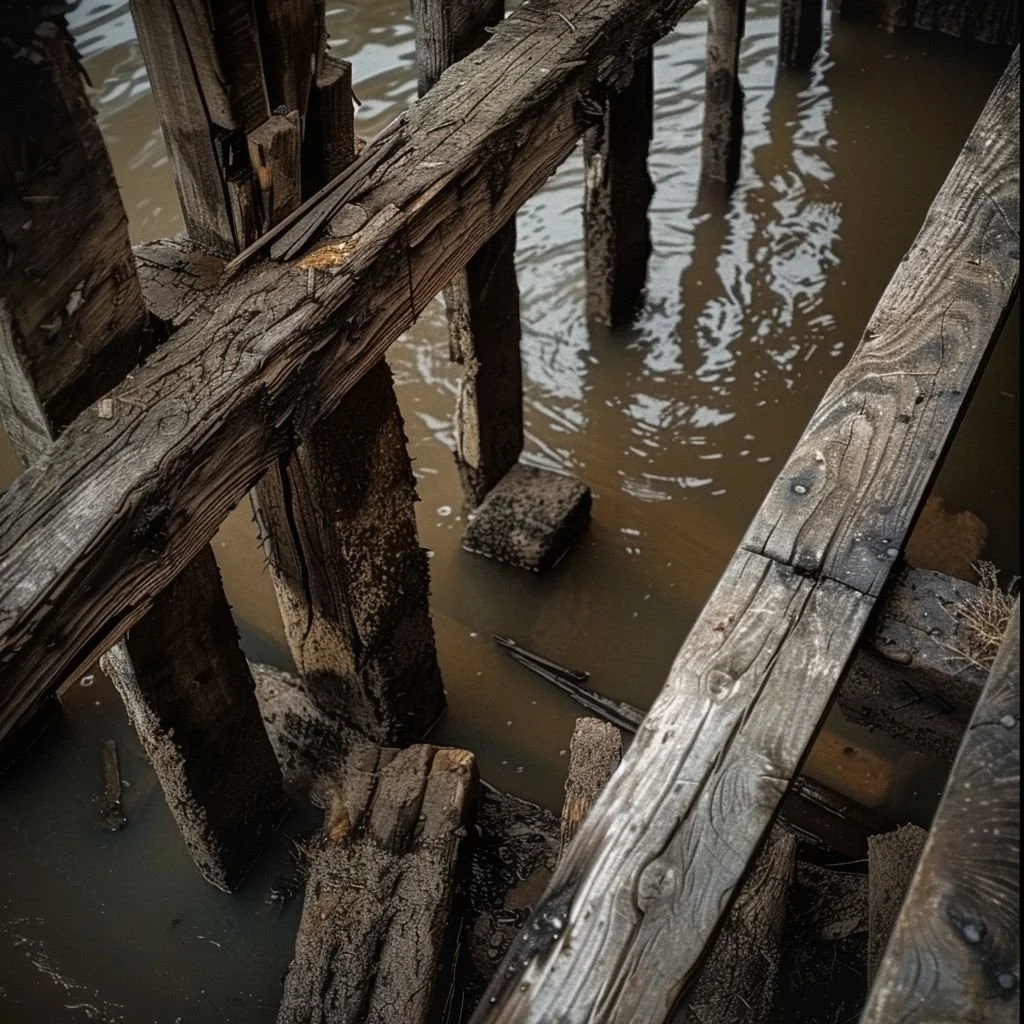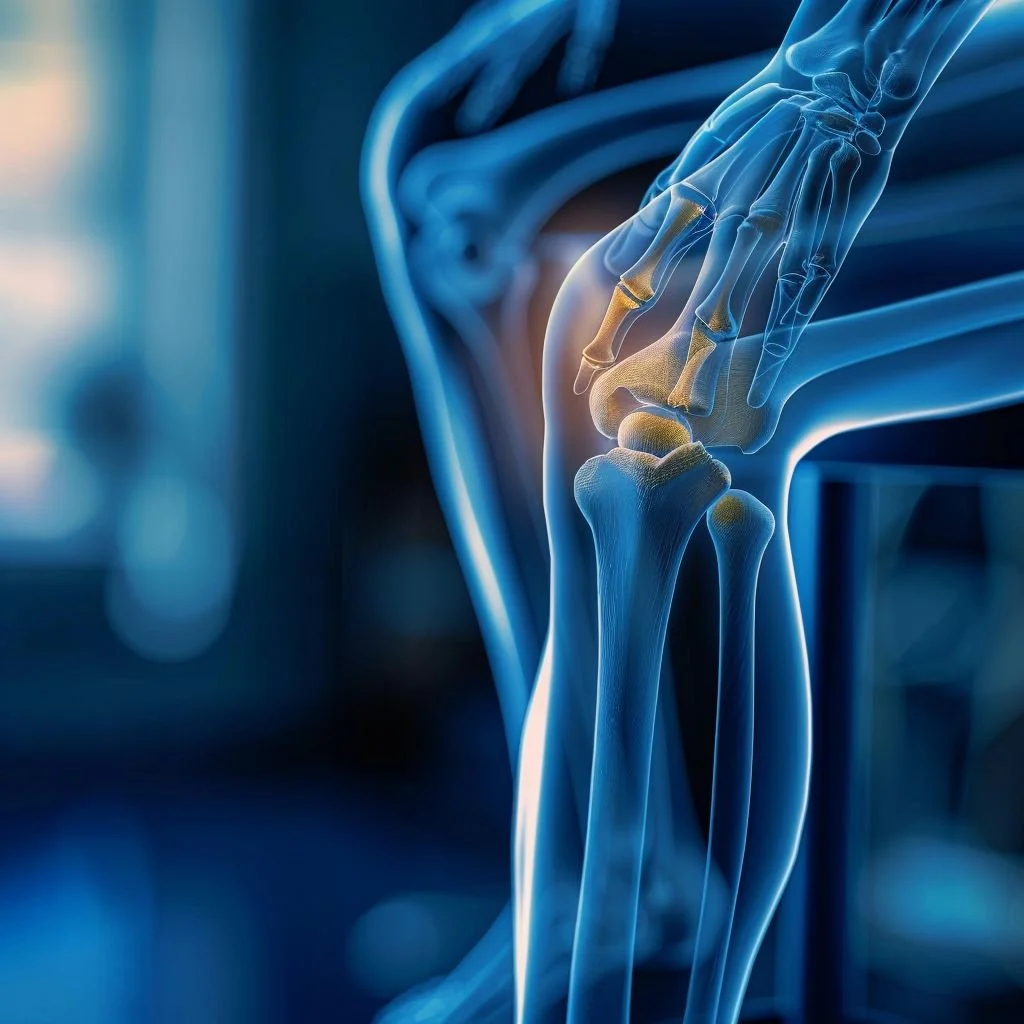The Dangers of Flood Water
Flooding is a devastating natural disaster, it causes extensive damage to your home. It also can be very dangerous to people caught within the flood. The immediate impact is usually the visible destruction it leaves. The unforeseen dangers are many.
The flood water itself can be very dangerous due to toxins and hazards within it. It will not only damage your property, but can have a negative affect on your health. In this article, we will explore the dangers of flood water and the reasons to have a professional clean. We will look at the dangers such as:
1. Contaminated water
2. Electrical hazards
3. Hidden structural damage
4. Risk of drowning and physical injuries
5. Why it is important to have a professional clean.
1. Contaminated Water
One of the biggest threats from flood water is contamination. Unlike rainwater which is usually clean, flood water can be very polluted. It moves through urban/rural areas. It could come into contact with:
Chemicals
Sewage
Waste from industrial areas/agricultural land.
Sewage and human waste:
Flood water can mix with raw sewage. This can introduce harmful pathogens like bacteria, viruses and parasites to the water.
Exposure to this can lead to diseases such as E. coli, cholera, dysentery and hepatitis A.
Chemical contamination:
As flood water flows over roads, or through industrial sites/farm fields. This means it can absorb chemicals like pesticides, motor oil and other hazardous chemicals.
Contact with contaminated flood water can lead to skin irritation and respiratory problems. It could even potentially lead to long term illnesses.
Toxic Mould:
After flooding, water will seep into a property and stagnate. This creates the ideal conditions for mould growth. Black mould, can cause severe respiratory issues and make asthma or allergies worse. Once mould sets into your property, it is very difficult to get rid of without professional help.
2. Electrical Hazards
Flood water presents a serious risk of electrocution. Especially in urban areas which have a large amount of power lines or electrical systems. Submerged electrical outlets, appliances or downed power lines are very dangerous.
Live power lines:
Flood water acts as a conductor for electricity. Contact with just a small amount of current from fallen power lines or power sources can be fatal.
Damaged electrical systems:
Even after flood water recedes, the damage to your homes electrical systems remains. Flooded electrical panels, outlets and switches must be inspected by a electrician. Ensure this step is carried out before power is restored to a property.
3. Hidden Structural Damage
Flood water can cause visible damage but is the unseen damage that is significant. Flood water can weaken or destroy structural integrity of buildings and roadways. This may not be obvious until it is too late.
Foundation damage:
Flood water can erode soil around building foundations, causing them to crack. A weakened foundation can mean sunken floors, cracked walls or even complete collapse.
Wood rot and weakening:
When wooden structures absorb flood water, they will rot. This can cause warping and weakening of a structure over time. Structural wood that remains damp may not be strong enough to support the weight of a building. This can pose serious safety risks.
4. Risk of Drowning and Physical Injuries
Even shallow flood water can be dangerous. Six inches of fast-flowing water is enough to knock you off your feet. Only 12 inches of water can sweep away a vehicle. Flood water can be powerful enough to carry debris and cause injury.
Drowning risks:
Drowning is the main cause of deaths during floods. A flash flood can happen without warning, and if you are not prepared it can be extremely dangerous.
Debris injuries:
Flood water can move debris swiftly through your property causing injury. From lacerations to blunt force trauma, it is imperative you prepare for a flood if you know one is coming. Even after a flood has receded, these dangers are still a risk.
5. Importance of a Professional Clean-up After a Flood
With the various risks outlined above hiring a professional is crucial. Emergency Clean UK has the equipment and experience to restore your property to a safe space.
Here are four reasons why a professional flood cleaning service is necessary:
Proper contamination handling:
We are equipped with the correct equipment to handle hazardous material. Our technical experience means we know how to detect and remove biological contaminants. This could be anything from sewage or hazardous chemicals that may be in your property.
Structural assessment:
Our technicians will be able to inform you what areas in your property may have structural damage. We will give you a guide on what needs to happen prior or after a flood clean has taken place.
Electrical safety:
Our teams will inform you about electrical damage before a clean. This will ensure safety for our operatives and yourself. This will also make sure that the building is safe and habitable.
Insurance claims advice:
Our technicians and admin staff work closely with insurance companies. We know exactly what will need to be documented to make a claim. This can help you navigate the claims process more easily.
Professional help after a flood is a must, making sure that your property is restored to a safe state.
If you are in need of a flood damage cleaning team and are looking for a quote, please click the button below to view our service.





